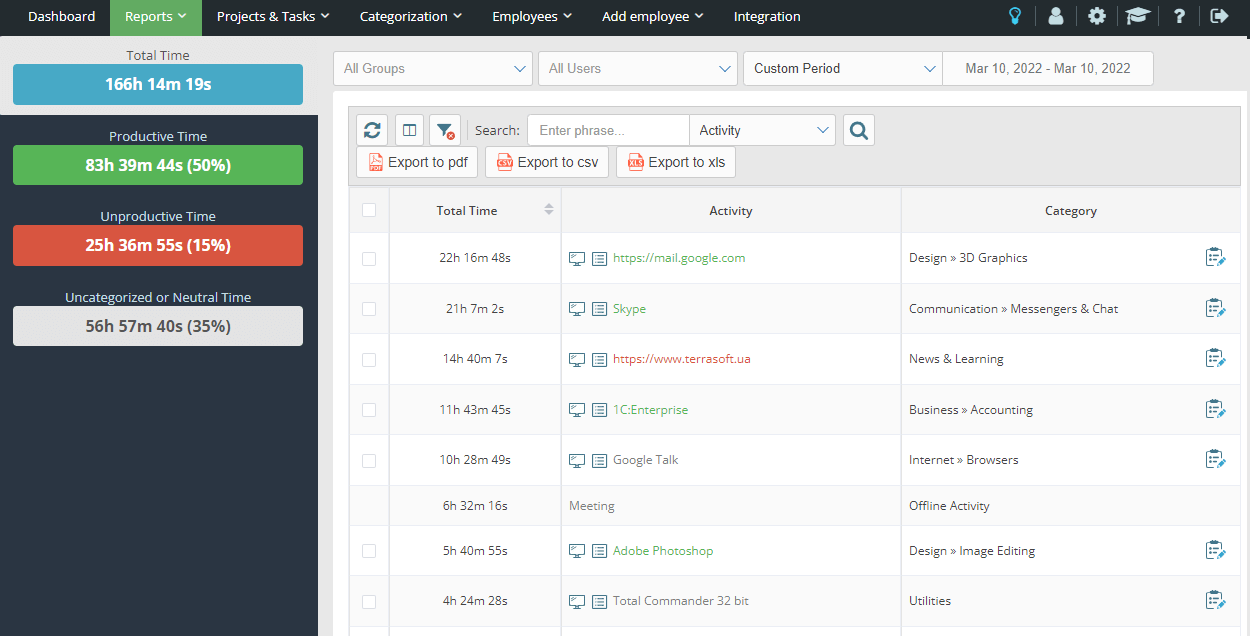According to a recent study, employees waste an average of 2.5 hours per day due to inefficient time management practices. This staggering figure highlights a critical issue that impacts not just employee satisfaction, but overall company productivity as well. How businesses approach task management can create significant challenges in maintaining productivity levels, requiring strategic solutions that foster efficiency and engagement without overwhelming workers.

Identifying the Core Issues Affecting Productivity
In today's work environment, employees often juggle multiple responsibilities leading to fragmented focus and diminished productivity. Common pitfalls include poor task prioritization, lack of clear deadlines, and breakdowns in communication. These issues often cause delays and frustration, which can lead to employee burnout and reduced morale. Mismanagement of time not only affects individual performance but also disrupts team dynamics and project timelines. Furthermore, without a proper system in place, tracking work hours and project progress becomes cumbersome, exacerbating the challenges at hand.
Implementing Effective Time Management Strategies
To enhance productivity, businesses must adopt structured time management techniques. Implementing a time tracking software can serve as a substantial resource. Here are some practical steps that can streamline processes and improve outcomes:
- Set Clear Goals: Establish specific, measurable, achievable, relevant, and time-bound (SMART) goals for projects.
- Utilize Time Tracking Tools: Integrate time trackers that monitor work hours, analyze productivity trends, and provide data-driven insights.
- Encourage Regular Breaks: Promote the Pomodoro technique, encouraging employees to take breaks to maintain energy levels.
- Train for Efficiency: Provide workshops on time management techniques and utilizing software tools effectively.
- Regularly Review Progress: Conduct weekly check-ins to evaluate project milestones and adjust strategies as necessary.
These steps can cultivate an environment that values time management, leading to improved output and employee satisfaction.
Measurement of Outcomes and Efficiency Improvements
Once effective time management practices are in place, quantifying progress becomes essential. Key performance indicators (KPIs) like project completion rates, time spent on tasks, and employee engagement scores can significantly illustrate the impact of these initiatives. Surveys and feedback mechanisms can gauge the team’s perception of their work-life balance and productivity, revealing qualitative insights into workplace morale. By optimizing task completion and reducing lost or inefficient hours, businesses report not only enhanced employee productivity but also cost savings associated with streamlined operations and reduced overtime. Moreover, engaged employees tend to contribute positively to the company’s culture, resulting in lower turnover rates and higher retention of talent.
A Move Towards Efficient Time Management
In summary, effective time management is essential to boost employee productivity sustainably. By recognizing the specific challenges, implementing targeted strategies, and actively measuring outcomes, organizations can forge a path toward increased efficiency and a thriving workplace. Ready to see these changes in action? Explore innovative time tracking solutions that can transform how your team manages their time, paving the way for heightened productivity and engagement.

